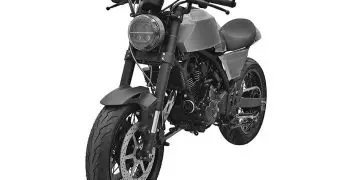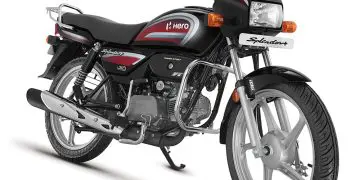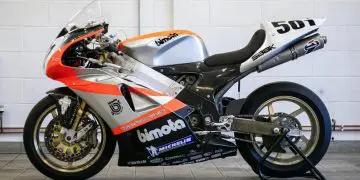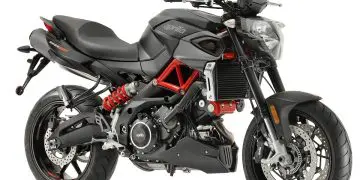In a press release from the Portuguese Motorcycle Federation (FMP), in a decision based on the safeguarding of the safety of riders, assistants, officials, and the public, and following the guidance of the International Motorcycle Federation (FIM) on the subject, the Portuguese Motorcycle Federation (FMP) has determined the exclusion of electric motorcycles from all national and regional competitions in the Motocross and Supercross disciplines for the 2024 sports season.
The main reasons are:
1- Safety of the rider and the vehicle: to comply with the safety requirements demanded by the FIM, which we adopt, it would be necessary to install and adapt safety components that are currently not feasible for all models, including measures such as installing a kill switch on the handlebars connected to the rider’s wrist, or installing two LEDs on the side of the motorcycle to indicate if there is a risk of electrocution in the event of a fall (green for all OK – red for danger).
2- Safety of track marshals and officials: in the event of electrocution, the risk of serious injury or death exists and is even higher when considering class B vehicles, requiring track marshals to be equipped with specific Personal Protective Equipment, as specified by the FIM.
3- Risk of fire: it is real and can occur in various circumstances. In this case, even using specific fire extinguishers for lithium-ion batteries, it will be very difficult to control the fire as effectively as with a combustion engine-equipped motorcycle.
4- Performance balance: various brands offer the ability to remotely and instantly modify power delivery through means such as smartphone applications in their models. In competition classes that, as we know, are limited to a specific displacement, an electric motorcycle could easily, with just a touch of a button, surpass the equivalence parameters in relation to combustion engines.
Still in terms of performance, we must consider the discrepancies in terms of power delivery. An electric motor puts the power on the ground immediately, providing all the torque from the opening of the throttle, unlike combustion motorcycles, where power and torque are delivered progressively. Does this mean an immediate potential advantage in grid starts and, on tracks with certain characteristics (such as hard surfaces), it would always have this advantage in terms of performance compared to combustion motorcycles.
5- Insufficient technical knowledge: at this time, we still do not have sufficient and adequate technical knowledge about this type of vehicle, which allows us to integrate electric models into Motocross/Supercross competitions, ensuring total safety for all participants and the necessary sporting fairness.
The FIM has prepared two documents (available online) with some guidelines on this type of vehicle, which can be consulted to get a more concrete idea of everything that needs to be taken into account regarding the participation of electric motorcycles in competitions:
FIM Electric Motorcycles Procedures
FIM CTI Guidelines for Electric Motorcycles
The FMP will continue to work, together with the FIM, for a rapid integration of Electric Motorcycles into Motocross and Supercross competitions, if possible by 2025.








